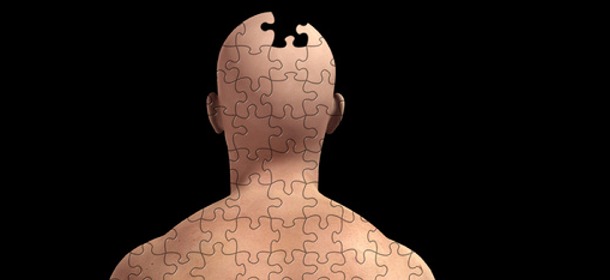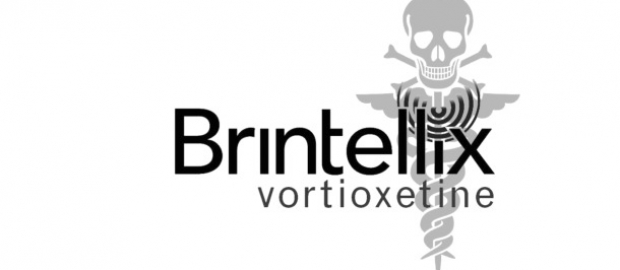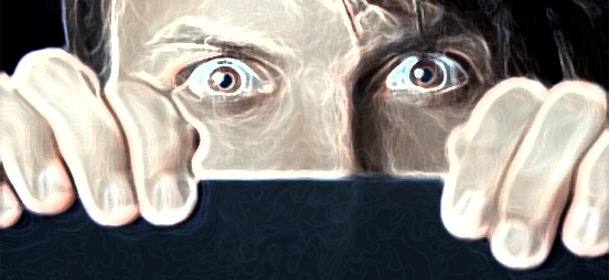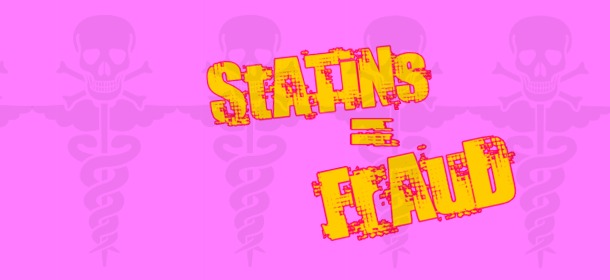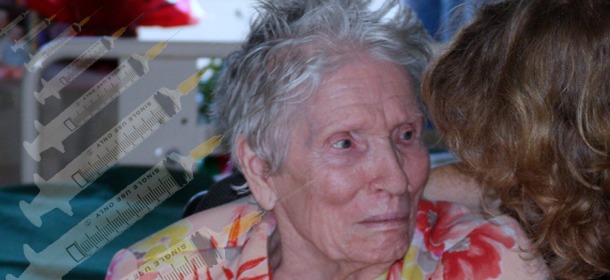Featured
Busting the Placebo Myth: Placebos Don’t Cure
One of the most frequent epithets tossed at people who make claims of alternative medicine is that it’s just the placebo effect. But that is based on the myth that placebos can cure. The reality, as clearly documented by science, is that they don’t. So the skeptics base their favorite claim on a myth, not reality, and most assuredly not on science.
When faced with any demonstration of alternative medicine’s effectiveness, self-styled skeptics are quick to toss out the old line, “That’s just the placebo effect.” They make the claim as if it counters any evidence of benefit. They say it as if placebos can heal. The fact, though, is that they don’t—and the science exists to prove it.
The myth of placebos has grown with the pressure to condemn anything outside mainstream medicine. The fact, though, is that placebos do not heal. Yes, people can respond positively to a placebo. They can make some folk feel better temporarily. They can even produce physiological responses, such as changing blood pressure. However, that’s the end of it.
When it comes to healing, placebos are a complete flop. No one is cured by a placebo.
Placebo’s Leading Scientist
Ted Kaptchuk is, arguably, the world’s leading researcher on placebos. It started when he began questioning his own success in acupuncture. Though he had no doubt that acupuncture is effective, he’d noted that some patients started to feel better even before treatment. He suspected that his manner with patients was also having an effect.
He started in a collaboration with a study on irritable bowel syndrome (IBS). The 262 subjects were split into three groups: one told they were on a waiting list for treatment, the second given sham acupuncture with little pracitioner interaction, and the third given sham acupuncture with lots of apparently caring practitioner interaction. Kaptchuk described it as “very schmaltzy care”. It included encouragement about the treatment, touching hands or shoulders, and periods of time appearing to be lost in apparent thoughtfulness.
The unsurprising result was that the subjects treated with kindness felt the most relief. That’s fine, but Kaptchuk decided to investigate the placebo response in more depth, and has made a career of it at Harvard Medical School, where he leads the Program in Placebo Studies and the Therapeutic Encounter (PiPS).
The Science
The rub, though, is that Kaptchuk is a thorough investigator. In an experiment published in the New England Journal of Medicine, he set up four groups of subjects to investigate the effects of the drug albuterol, sham acupuncture, and no treatment on asthma patients. The New York Times states that scholars consider this study to be one of the most carefully controlled and definitive studies ever done.
What makes the study unique is that the subjects were run through all four of the treatments: drug, sham drug, sham acupuncture, and control (no treatment). Thus, each patient acted as his own control, so no confounders, such as age, sex, health, or any other, could skew the results.
The following graph clearly show that placebo and sham treatments had no actual effects beyond the subjects’ sense of well-being:
 The study used FEV1, Forced Expiratory Volume in 1 Second, to measure effectiveness. The graph on the left clearly shows that the drug placebo and sham acupuncture (another kind of placebo) had no curative effect, as they didn’t cause any change in FEV1. However, in the graph on the right, you can see that the subjects felt that both the drug placebo and sham acupuncture were nearly as effective as the actual drug, albuterol.
The study used FEV1, Forced Expiratory Volume in 1 Second, to measure effectiveness. The graph on the left clearly shows that the drug placebo and sham acupuncture (another kind of placebo) had no curative effect, as they didn’t cause any change in FEV1. However, in the graph on the right, you can see that the subjects felt that both the drug placebo and sham acupuncture were nearly as effective as the actual drug, albuterol.
Two things are clearly demonstrated. One is that a patient’s sense of well-being can readily be skewed by belief. The other, though, is that placebos have absolutely no healing benefit.
As the New York Times reports, Ted Kaptchuk stated:
Sham treatment won’t shrink tumors or cure viruses.
Placebos Don’t Cure
The claims by skeptics that the placebo effect can explain away any and all results of alternative medicine are pure bunk. They’re based on a false belief, the idea that the placebo effect is so powerful that it can cure. That is nothing but a myth. They can palliate—make people feel better—but never cure.
The placebo effect can be powerful in terms of people’s sense of health and welfare. However, no one is ever healed by a placebo. Therefore, when someone is actually cured by an alternative treatment, the false bravado of the skeptics, who invariably come streaming along shouting about the placebo effect, usually full of condescension and insults, is nothing more than that—hot air based on a belief that is founded only in myth.
The simple fact is that placebos cannot cure. So those claims of successful treatment for diseases that are not subjective—such as cancer, autism, mastitis in cattle, skin conditions, or any other—cannot be denied with that off-hand line, “But, my dear, it can easily be explained by the placebo effect.” No, it cannot.
Placebos don’t cure. Let’s put a rest to that ridiculous myth.
Sources:
- Active Albuterol or Placebo, Sham Acupuncture, or No Intervention in Asthma, The New England Journal of Medicine, Michael E. Wechsler, M.D., John M. Kelley, Ph.D., Ingrid O.E. Boyd, M.P.H., Stefanie Dutile, B.S., Gautham Marigowda, M.B., Irving Kirsch, Ph.D., Elliot Israel, M.D., and Ted J. Kaptchuk; DOI: 10.1056/NEJMoa1103319
- The Placebo Phenomenon
- Placebos Without Deception: A Randomized Controlled Trial in Irritable Bowel Syndrome, PLoS, Ted J. Kaptchuk, Elizabeth Friedlander, John M. Kelley, M. Norma Sanchez, Efi Kokkotou, Joyce P. Singer, Magda Kowalczykowski, Franklin G. Miller, Irving Kirsch, Anthony J. Lembo; doi:10.1371/journal.pone.0015591
- Ted J. Kaptchuk
- Program in Placebo Studies and the Therapeutic Encounter
Tagged conventional medicine, modern medicine, placebo, placebo cure, placebo effect, placebo effect myth, placebo myth, placebo phenomenon, placebo science, placebos can’t cure, placebos don’t cure, science, skeptics belief, skeptics false belief, skeptics placebo, Ted Kaptchuk, Ted Kaptchuk placebo
Related Posts
-
Richard Bailey
-
http://www.facebook.com/profile.php?id=683289964 Dana Ullman
-
/ Heidi Stevenson
-

